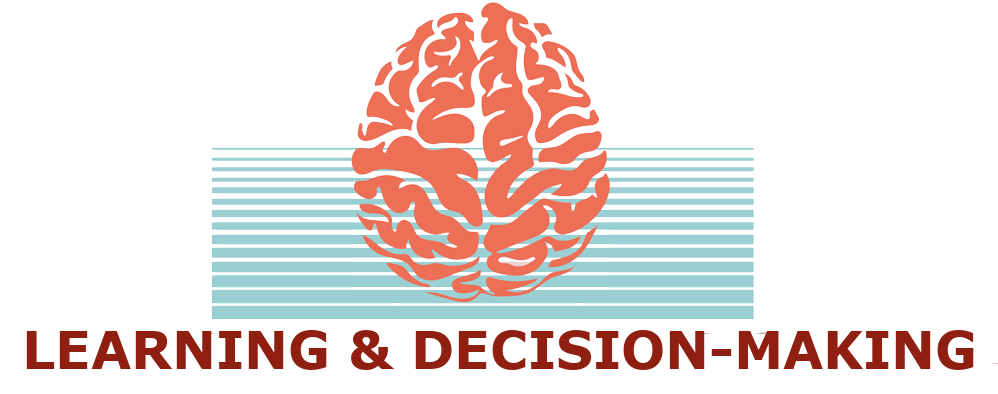Mojtaba Rostami Kandroodi - PhD student
Generally, a scientific model seeks to represent a phenomenon in a logical and precise mathematical structure using commonly accepted knowledge, which results in better understanding. In recent years, a wide range of biologically plausible models is used in neuroscience and psychology. We mostly employ computational modeling of behavioral data, using Reinforcement Learning (RL) and economic models, to analyze behavioral data in reward learning and decision-making tasks. The models usually contain free parameters, which represent hidden variables and quantities of scientific interests (e.g learning rate in basic RL model). By fitting models to observed data, we estimate these parameters and consequently investigate the underlying computational mechanisms of behavior. For instance, in computational psychiatry applications, the parameters can precisely explain the effects of drugs. One of the crucial parts of the computational modelling is parameter estimation, which involves finding the set of parameter values that best representation of data given model.
Mojtaba Rostami Kandroodi received a B.Sc. degree in electrical engineering in the field of control systems from the K. N. Toosi University of Technology, and the M.Sc. degree in electrical engineering by focusing on Artificial Intelligent (AI) from the University of Tehran, respectively in 2010 and 2013. Currently, he is pursuing a Ph.D. degree in machine intelligence and robotics with the School of ECE., University of Tehran. For his Ph.D. project, he focuses on computational modelling of Inter-individual variability in reversal learning. Since April 2018, during his sabbatical, he continued his research under the supervision of Prof. Cools and Dr. den Ouden as a guest researcher at the Learning and Decision-making lab, Donders Ineptitude, Radboud University. His research interests are Machine Learning, Computational psychiatry, and Cognitive Modeling.

